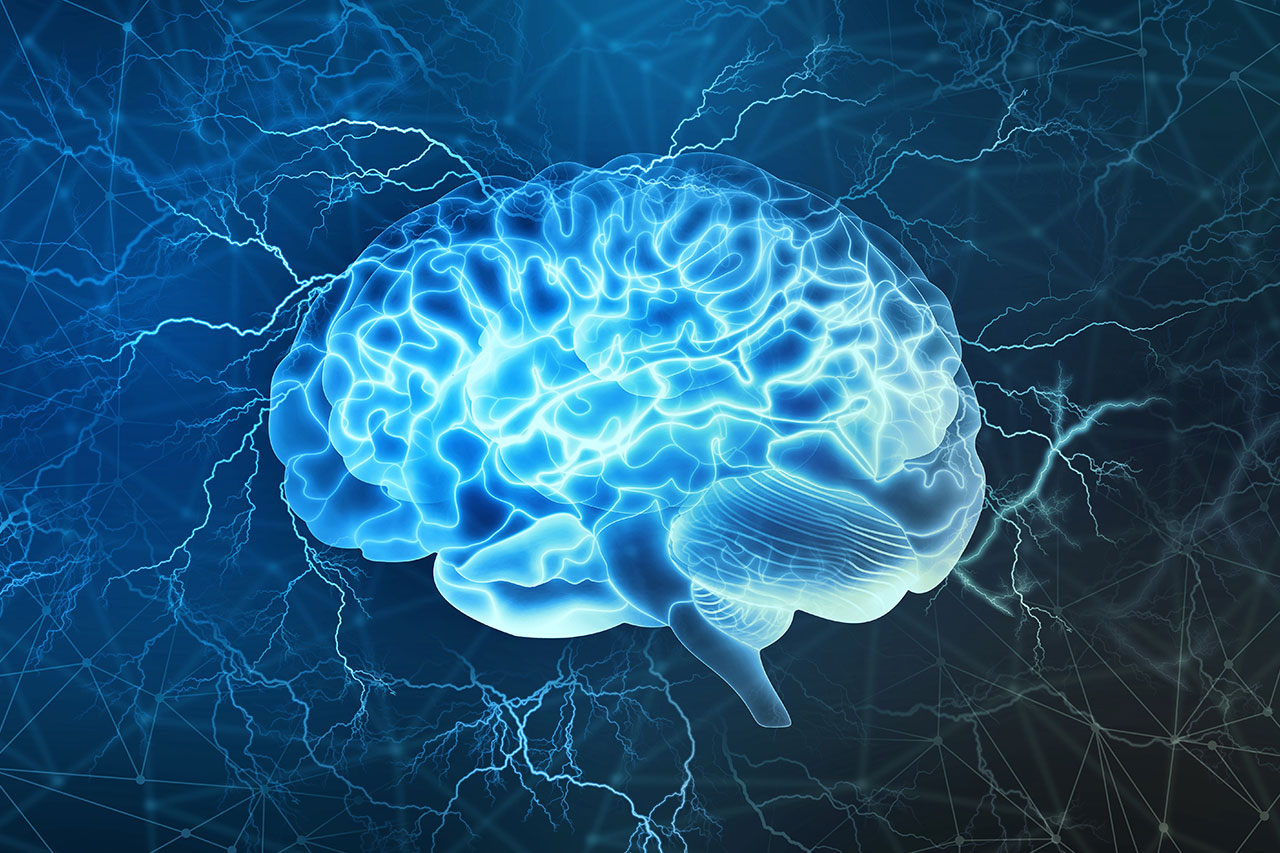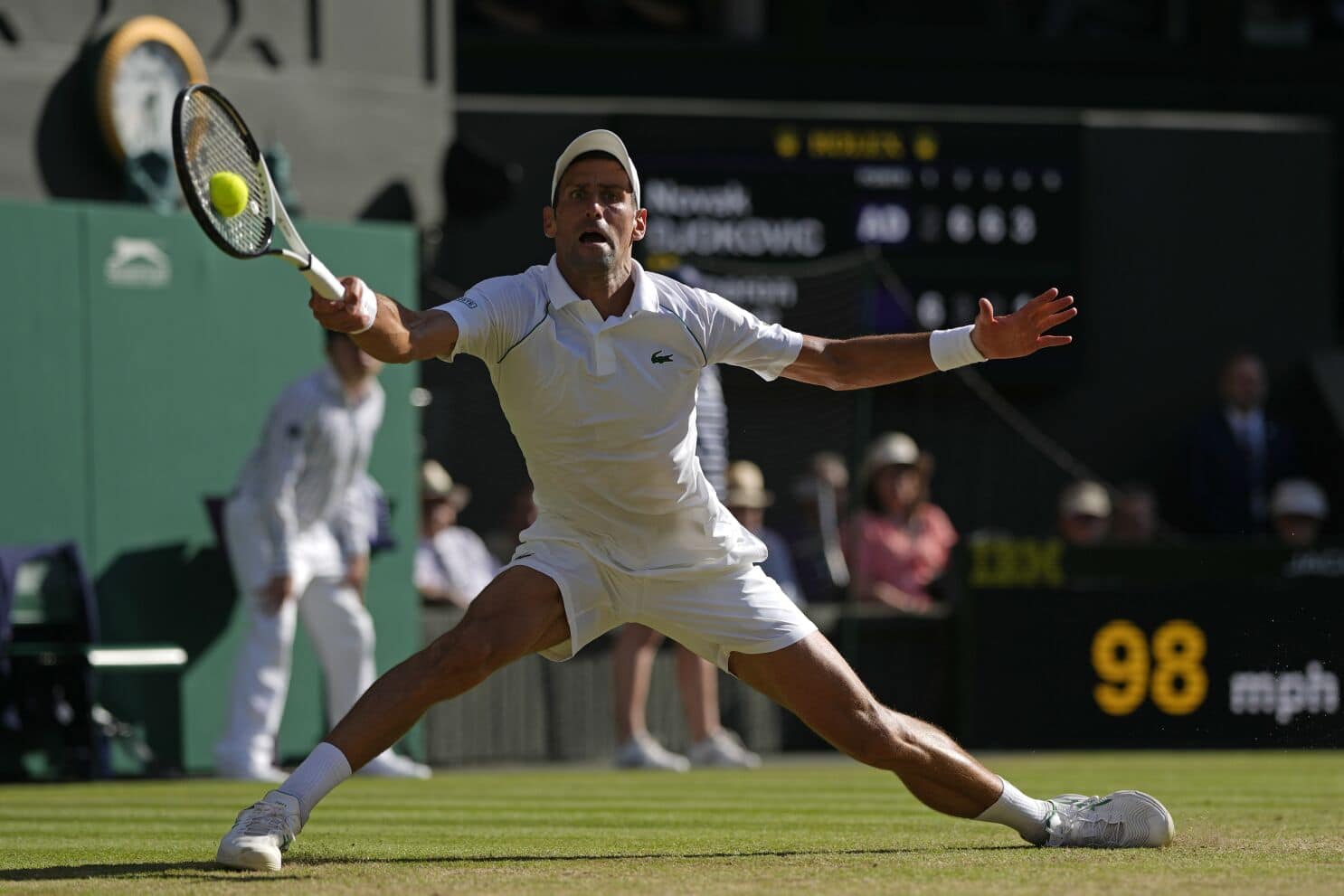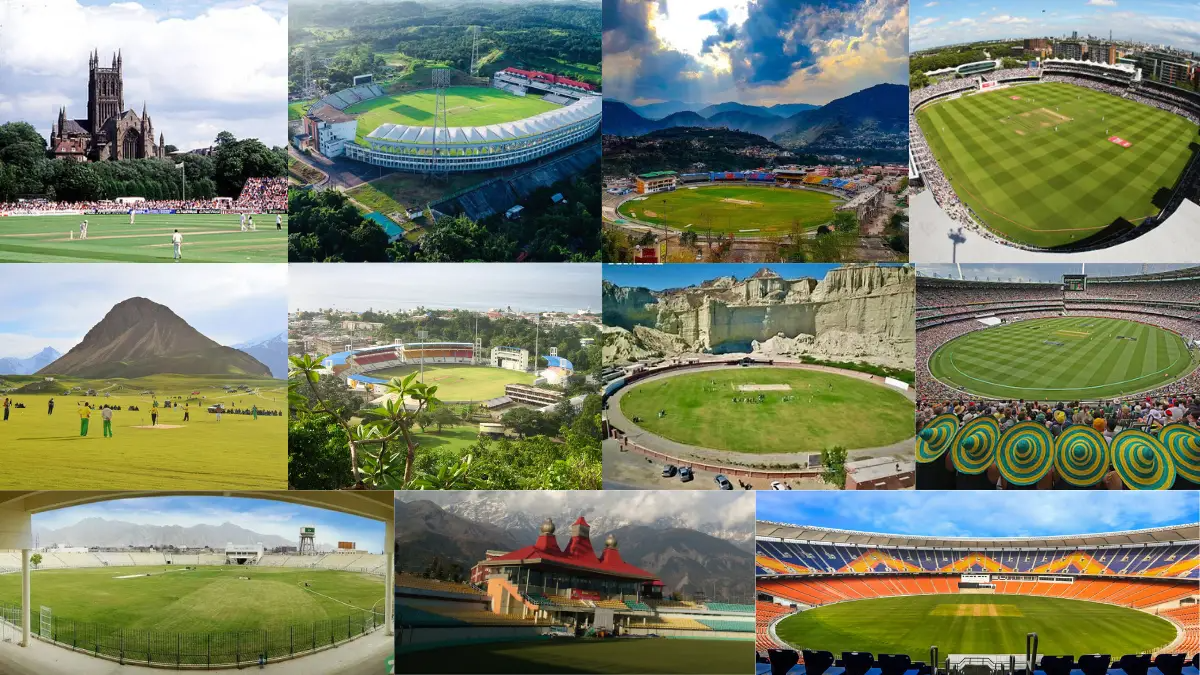In today’s fast-paced world, where stress and anxiety seem to be an inevitable part of our lives, seeking solace in holistic healing methods has become increasingly popular. Among the various therapeutic approaches, music therapy has emerged as a powerful and effective technique to restore mind and body harmony. This comprehensive article explores the profound impact of music therapy, delving into its history, methodologies, benefits, and the scientific evidence that underscores its effectiveness.
A Historical Prelude: Tracing the Origins of Music Therapy
Music, a universal language, has been integral to human culture for centuries. The roots of music therapy can be traced back to ancient civilizations such as Egypt, Greece, and China, where music was recognized for its ability to soothe the soul and uplift the spirit. In the modern context, the structured application of music as therapy began gaining traction during and after World War II when it was used to aid the recovery of soldiers suffering from emotional and psychological trauma.










